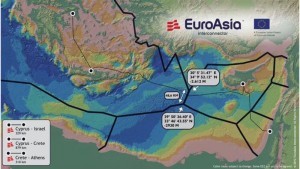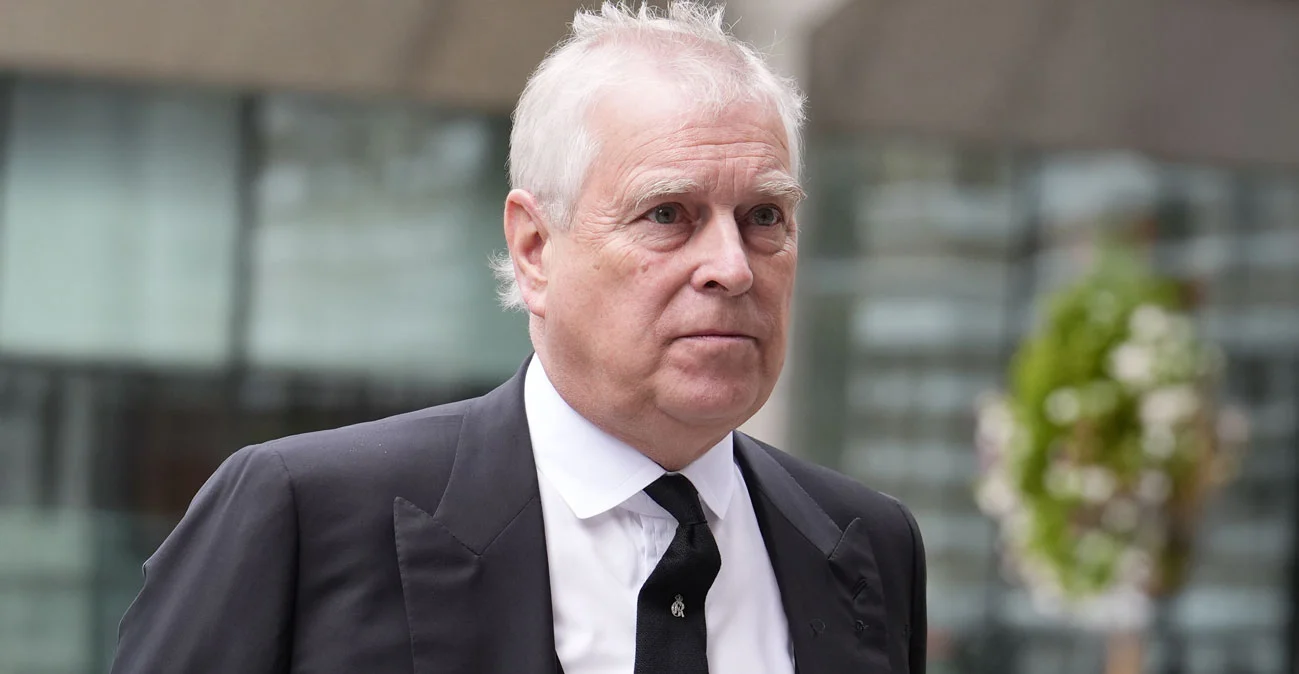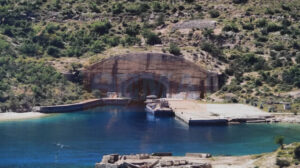Cyprus is due to end its energy isolation after it agreed with fellow EU member Greece to press on with an undersea electricity cable, which will also link the island to Israel in the hope of tapping into significant gas reserves in the eastern Mediterranean.
Cyprus is the only EU country that still lacks any electricity or gas interconnectors, a blemish on the EU’s security of supply objectives and target of 10% interconnection between member states.
But that is set to change after Nicosia and Athens agreed on the cross-border cost allocation of the planned EuroAsia cable. According to one of the project’s officials, Israel is expected to sign off on the plan next month.
The 1,520km-long undersea cable, which will link Israel and Cyprus’s west and south coasts with Greece via the island of Crete, will have a capacity of 2,000MW and be able to transmit electricity in both directions.
If Israel approves the project as expected, work is expected to begin early next year and last until 2022. Costs for phase one are estimated at roughly €3.5 billion.
EuroAsia is one of the European Commission’s Projects of Common Interest, intended to help the bloc meet its ambitious energy and climate goals by completing the internal market, increasing security of supply and unlocking the potential of renewable energy.
By linking Cyprus and Israel to the European mainland, the project aims to tap into the electricity-generating potential of gas reserves discovered in the Mediterranean off both countries’ shores.
In April, Italy, Israel, Greece and Cyprus pledged to start work on the world’s longest undersea gas pipeline, which also seeks to exploit the natural gas resources in the eastern Mediterranean.
But the costs of that ambitious project are estimated to be twice the EuroAsia cable’s and the falling price of gas has cast doubt on its feasibility. The pipeline is not due to be completed until halfway through the next decade.
Source: euractiv.com
Ask me anything
Explore related questions






